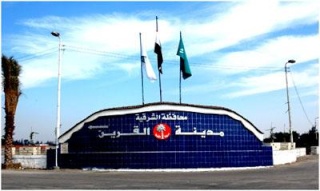The indirect antiglobulin test looks for circulating antibodies in the blood directed against red blood cells . The primary reasons that you may have RBC antibodies circulating in your blood are because you have been exposed through blood transfusion or through pregnancy to RBCs other than your own.
Ways of infection
A baby may inherit antigens from its father that are not on its mother’s RBCs. The mother may be exposed during pregnancy or at delivery to the foreign antigens on her baby’s RBCs when some of the baby’s cells enter the mother’s circulation as the placenta separates. The mother may begin to produce antibodies against these foreign RBC antigens. This can cause hemolytic disease of the new born, usually not affecting the first baby but affecting subsequent children when the mother’s antibodies cross the placenta, attach to the baby’s RBCs, and hemolyze them. the test can help determine if the mother has produced RBC antibodies.
The first time you are exposed to a foreign RBC antigen, by transfusion or pregnancy, you may begin to produce antibodies but your cells do not usually have the time during the first exposure to make enough antibodies to actually destroy the foreign RBCs. When the next transfusion or pregnancy occurs, the immune response may be strong enough for enough antibodies to be produced, attach to and hemolyze the transfused RBCs or the baby’s RBCs.
هذا الاختبار يكشف عن وجود الاجسام المضادة فى خلايا الدم الحمراء وسبب وجود هذه الاجسام المضادة هو التعرض لنقل دم او عن طريق الحمل وبالتالى التعرض لدم غريب فتتكون هذه المضادات.
طرق الاصابة
الطفل يرث من والده مولدات المضاداتالمضادة لأمه. قد تتعرض الأم أثناء الحمل أو أثناء الولادة لمولدات المضادات الخارجية على كرات الدم الحمراء الخاصة بالطفل وذلك عن طريق المشيمة فيبدا دمها فى تكوين الاجسام المضادة التى تؤثر على الطفل القاد



